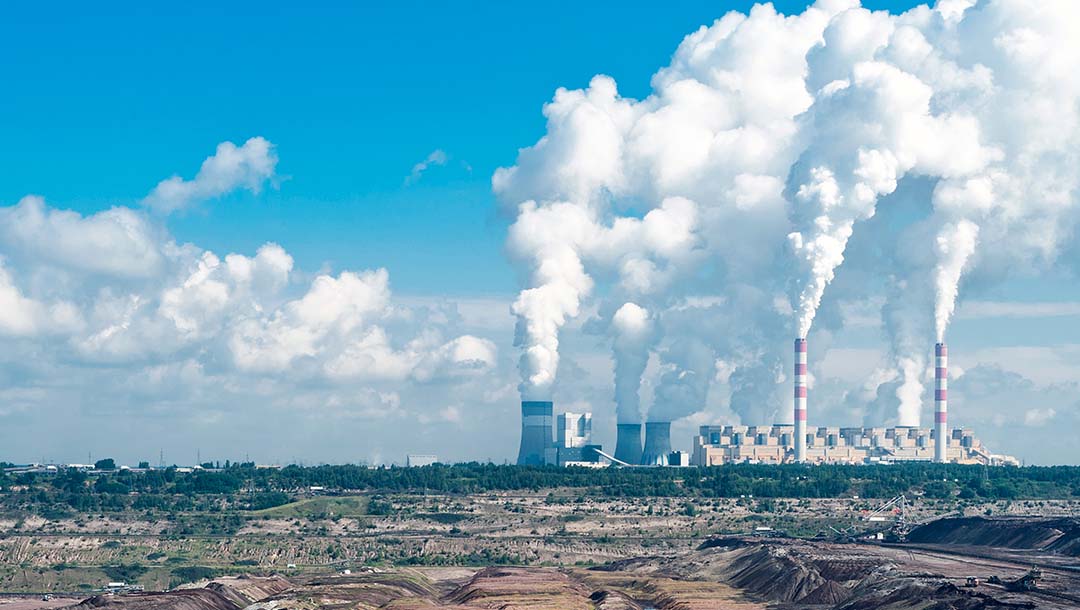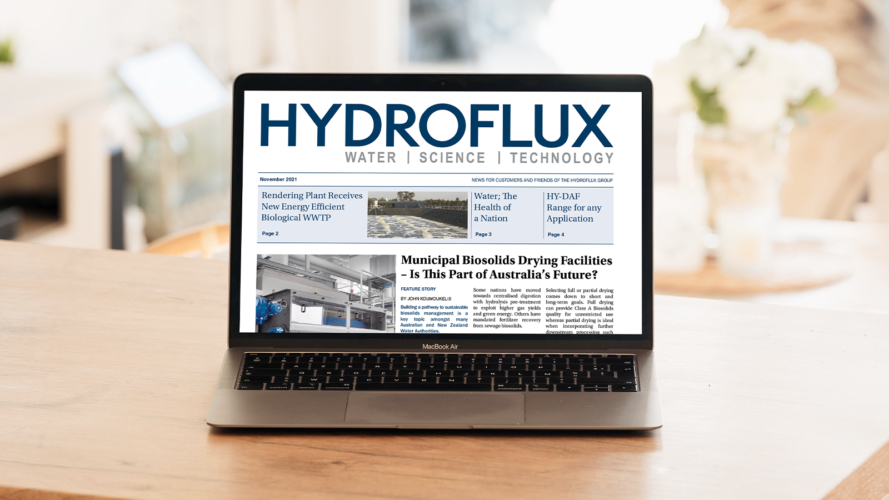
Why decarbonisation matters for all businesses
December 2, 2021
Stakeholders are holding businesses accountable with increased scrutiny and action. Expectations continue to increase as global business now operates within a high climate-risk context. Awareness of greenwashing and a demand for supply chain transparency pressures businesses across all industries to improve ESG reporting and match peer climate goals.

Access to finance and the cost of capital is becoming more difficult. Asset managers and other financial institutions are under pressure from their stakeholders to align themselves with companies with green initiatives and strong sustainability performance. A higher rate of return is expected when lending to ‘brown’ industries, essentially functioning as an inbuilt market mechanism to raise the cost of unsustainable operations.
Insurability is under threat in some sectors. Climate change risk is driving a revaluation of assets, particularly in high-emission industries such as fossil fuels. Along with increased incidence and intensity of extreme weather events, this new context means insurers are scrambling to decrease exposure to risky portfolios. Laggards to decarbonisation risk expensive premiums and long term uninsurability in the absence of effective mitigation strategy.
Businesses risk a loss of market share. Supply chain transparency pressures B2B suppliers to offer greener products to their partners. Those incapable of adaptation may lose new or existing clients who choose to instead pursue more responsible sourcing. Consumer facing businesses tacitly face a similar risk through reputational damage.
There is a high risk of operating cost inflation. The likelihood of a future global carbon price mechanism that prices climate risk into the market will materially impact operating cost curves. The degree to which this negatively impacts a firm’s competitiveness is largely dependent on their capability to decarbonise operations.
Minimising the potential for greenwashing and litigation. A growing amount of litigation has been brought against firms in a range of industries driving accountability by uncovering false or misleading disclosures touting low/zero carbon products or renewable energy purchasing. The benefits of honest sustainable investment and performance now clearly outweigh the risks of greenwashing.
Risk of failure to adhere to the Paris Agreement. The Paris Agreement is a global treaty designed to protect the climate, and by extension humanity. The risk of not achieving its goals poses a direct threat to business continuity.
If you’d like to discuss a decarbonization strategy for your business, please contact Cress Consulting.
Up Next
Hydroflux Group Newsletter – December 2021
Bolt Together Decentralised Sewage Plants
Categories
- Tradeshows
- Climate
- Community Engagement
- Corporate Announcements
- Group News
- Newsletters
- Product News
- Project Announcement


